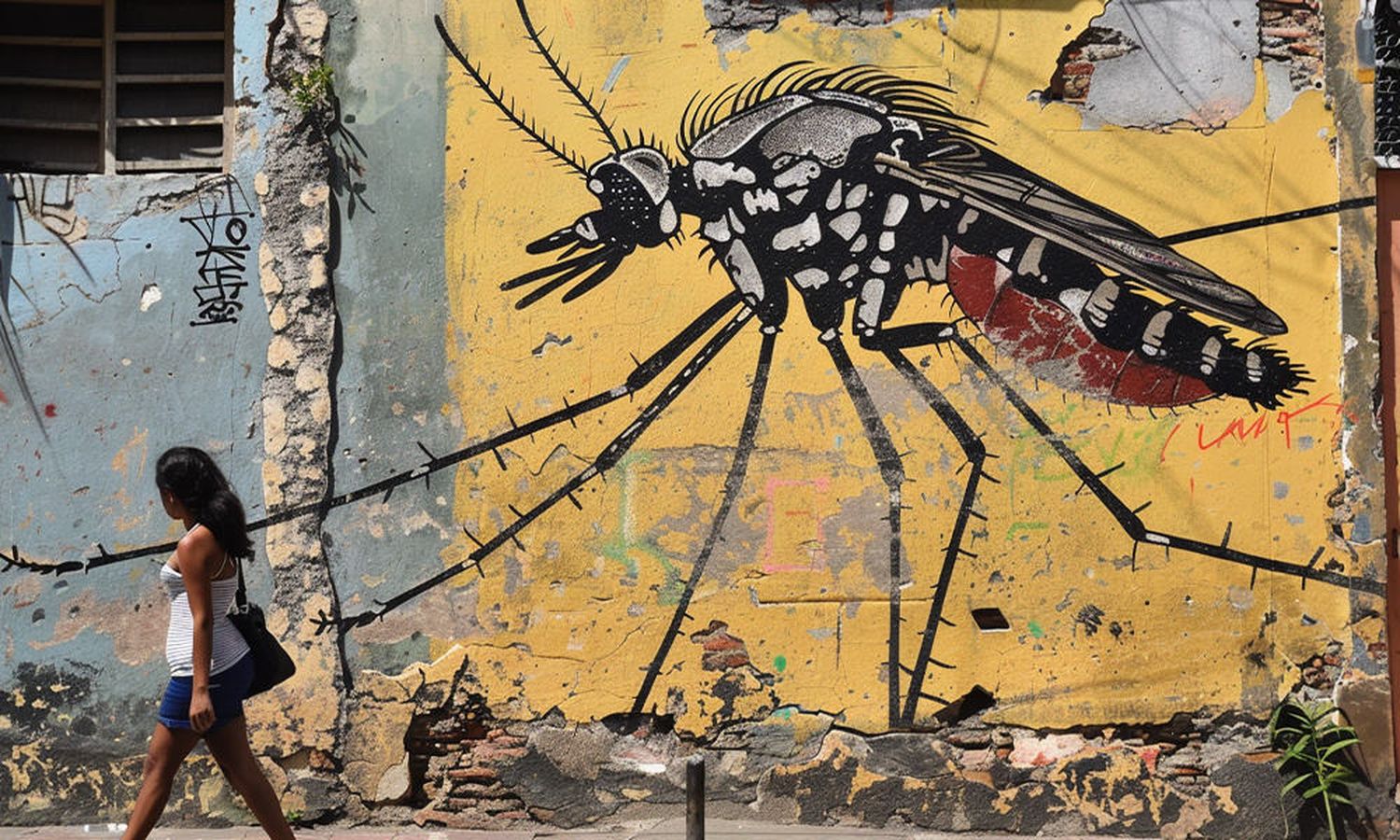Epidemic
Latin America experiences worst dengue fever outbreak on record
Latin America is currently grappling with its most severe dengue fever outbreak in recorded history, a situation that has put immense pressure on the region's healthcare systems and highlighted the urgent need for effective public health strategies to combat the spread of this debilitating disease. Dengue fever, a mosquito-borne viral infection, has long been a public health concern across Latin America and the Caribbean, but the scale and severity of the current outbreak are unprecedented.
As of early 2024, over 1.4 million people in Latin America have been infected with the dengue virus this year, marking a significant increase from previous years. The disease, which is spread by the Aedes mosquito, has affected nearly every country in Central and South America. Approximately one in four individuals infected with the virus will develop symptoms, ranging from mild fever to severe illness that can lead to death. The recorded cases this year are almost three times larger than those reported last year, signaling a worrying trend that experts attribute, at least in part, to climate change.
The rising temperatures associated with climate change have created more hospitable environments for the Aedes mosquitoes to survive the winter in larger numbers, thereby increasing the potential for dengue transmission. This has been particularly evident in Rio de Janeiro, Brazil, where health workers are facing an uphill battle in trying to eliminate the mosquitoes' breeding grounds amidst the worst outbreak on record.
The situation is so dire that the Pan American Health Organization (PAHO) has issued warnings about the need for proactive measures to curb the virus. PAHO Director Dr. Jarbas Barbosa, in a recent press briefing, highlighted the alarming increase in dengue cases throughout Latin America and the Caribbean. As of March 26, the region had seen more than 3.5 million cases of dengue and more than 1,000 deaths. This represents a threefold increase in cases compared to the same period in 2023, a record year that saw more than 4.5 million cases reported in the region.
The hardest-hit countries in Latin America include Brazil, Paraguay, and Argentina, which together account for 92% of the dengue cases and 87% of the deaths. The warm and rainy weather typical of this time of year in these countries provides ideal breeding conditions for mosquitoes, exacerbating the outbreak. However, an uptick in cases is also being observed in countries like Barbados, Costa Rica, Guadeloupe, Guatemala, Martinique, and Mexico, where transmission is usually higher in the second half of the year.
In response to the outbreak, U.S. embassies throughout the region have been issuing health alerts, urging people to cover their arms and legs, use mosquito repellent, and avoid stagnant water and other mosquito-breeding places. The U.S. territory of Puerto Rico declared a dengue public health emergency this week, with a surge in cases mostly in the island's capital, San Juan.
The World Health Organization (WHO) has also expressed concern over the spread of dengue in the Americas. According to WHO, dengue is endemic in most countries of South America, Central America, and the Caribbean. The current season has seen a significant increase in dengue outbreaks, with a total of 2,997,097 cases reported in the Region of the Americas, including 1,302 deaths, by the first half of 2023.
The escalating dengue fever outbreak in Latin America underscores the urgent need for comprehensive strategies to control the spread of the disease. This includes efforts to eliminate mosquito breeding sites, protect against mosquito bites, increase preparedness in health services for early diagnosis and timely clinical management, and continuous work to educate the population about dengue symptoms and when to seek prompt medical attention. As the region battles this unprecedented outbreak, the international community's support and collaboration will be crucial in mitigating the impact of this devastating disease.

